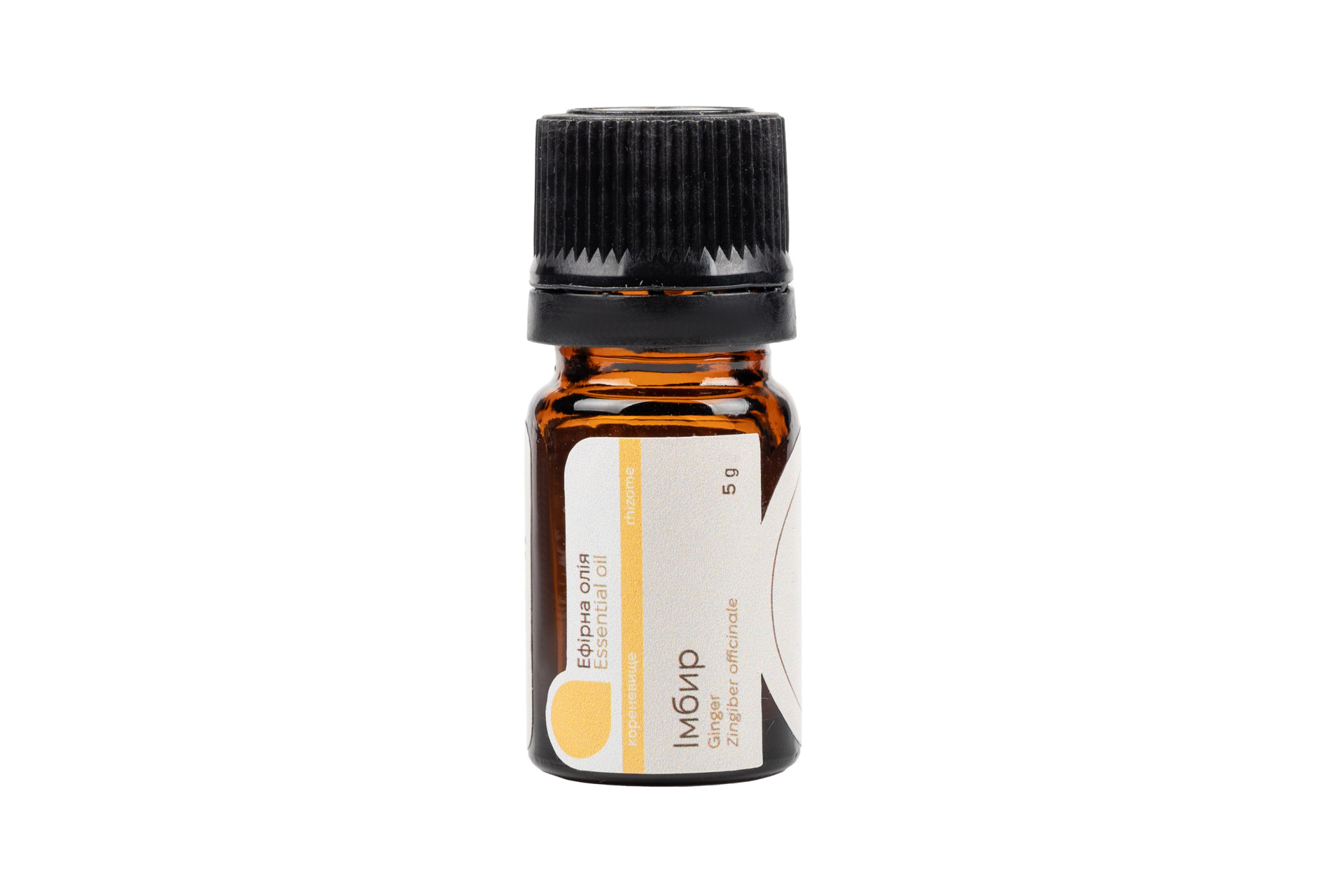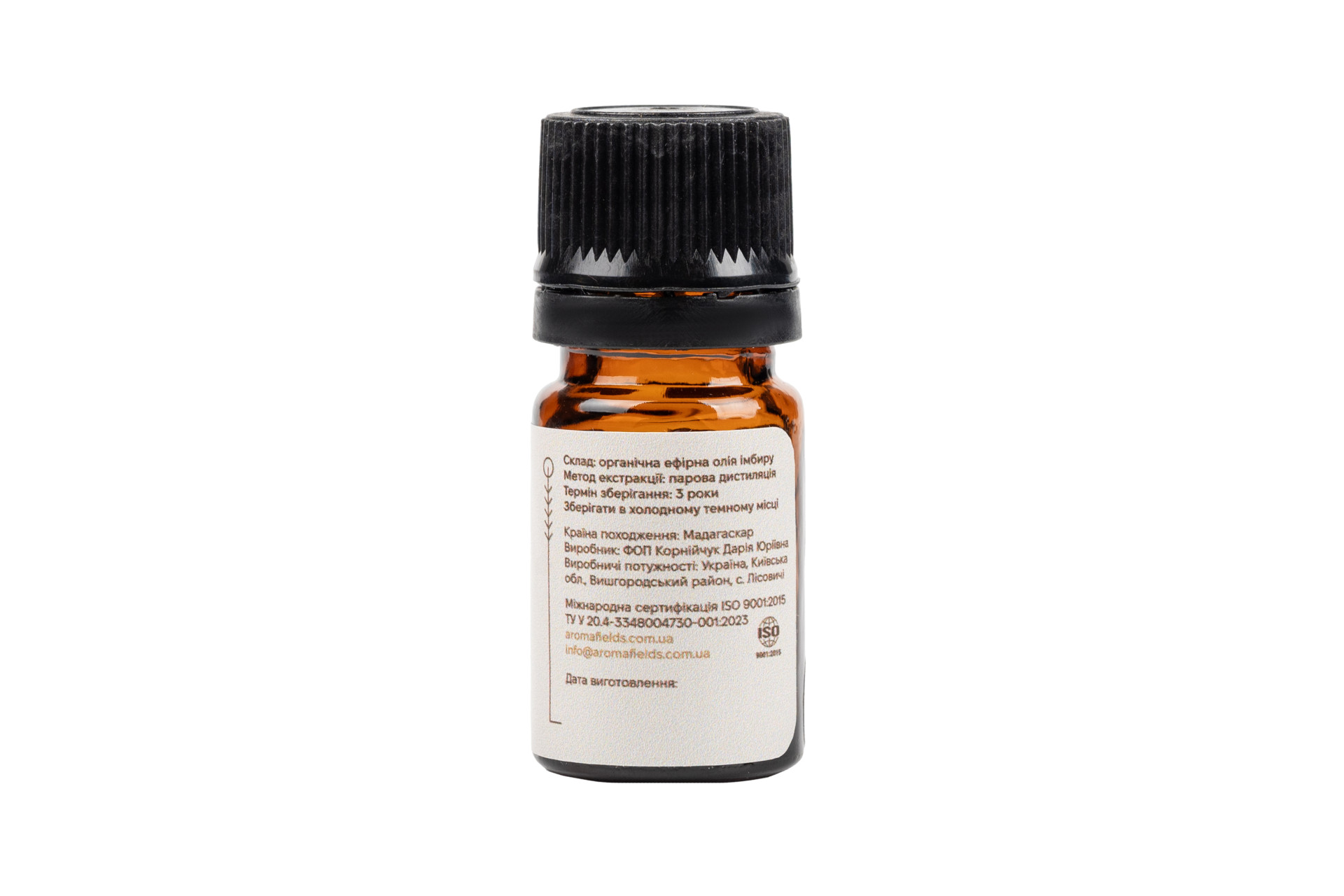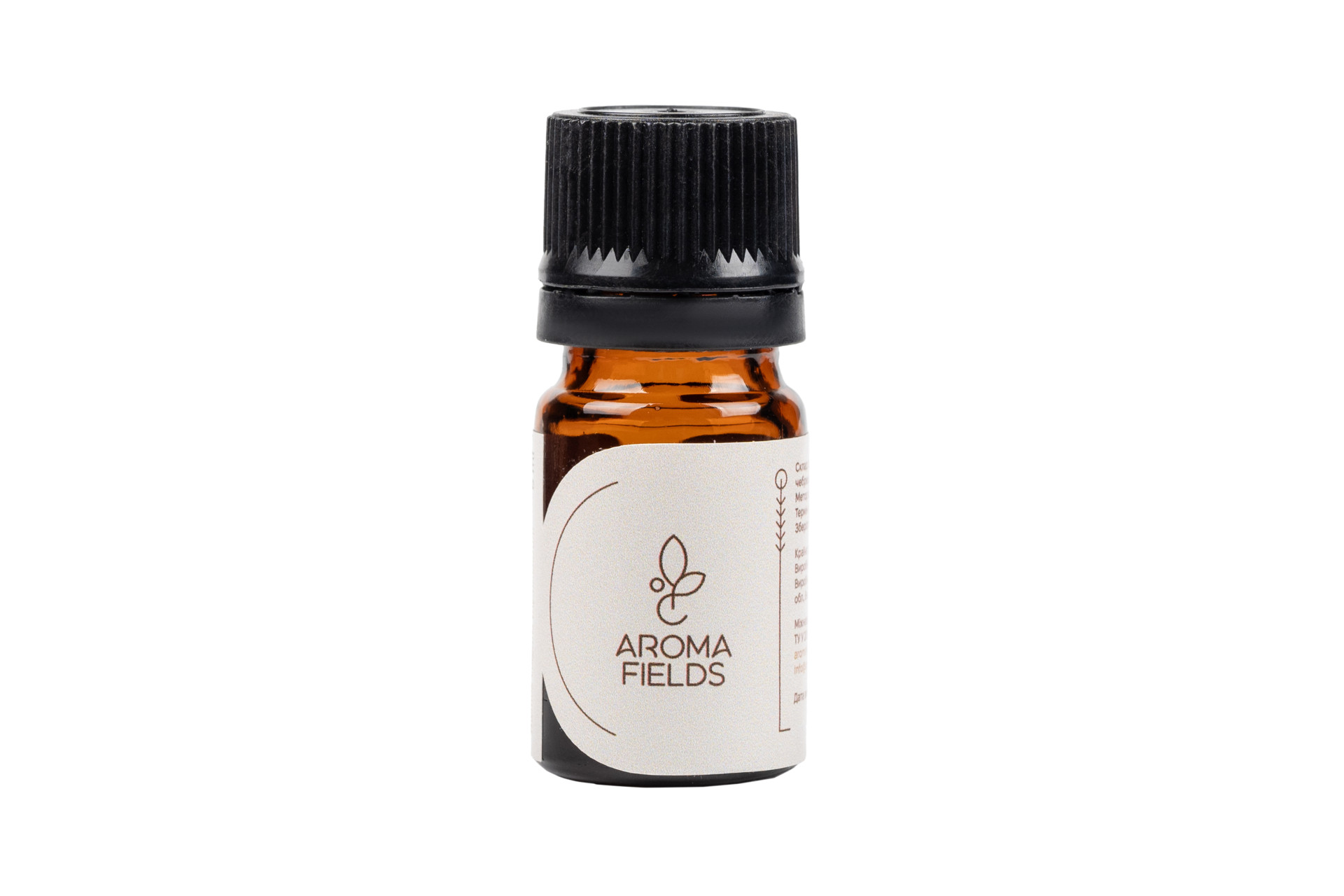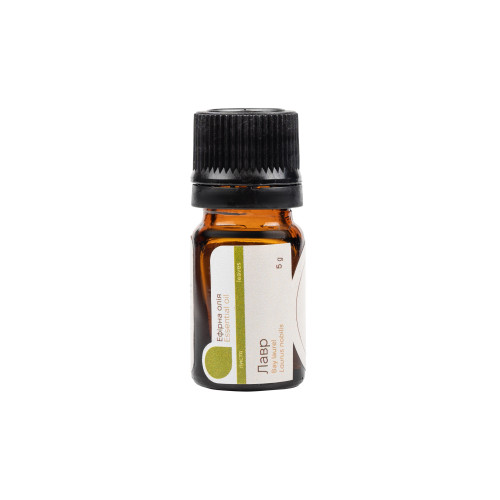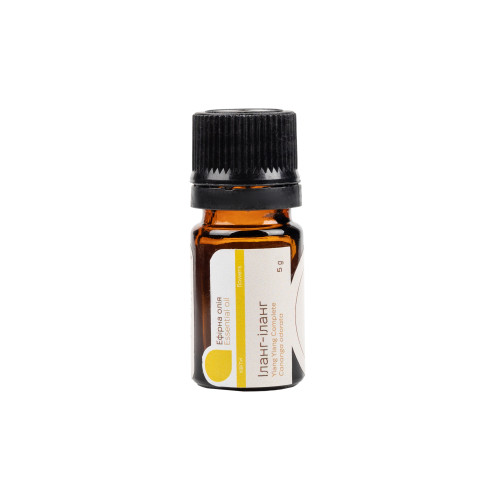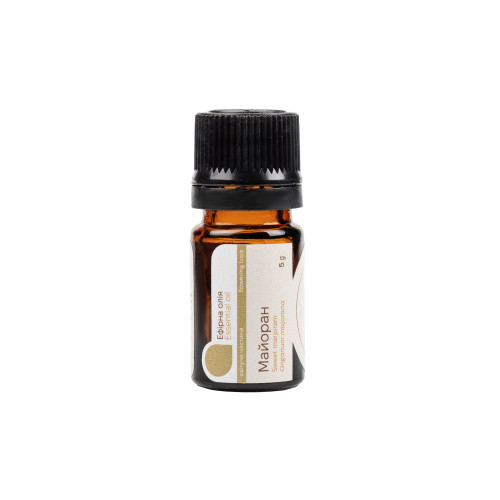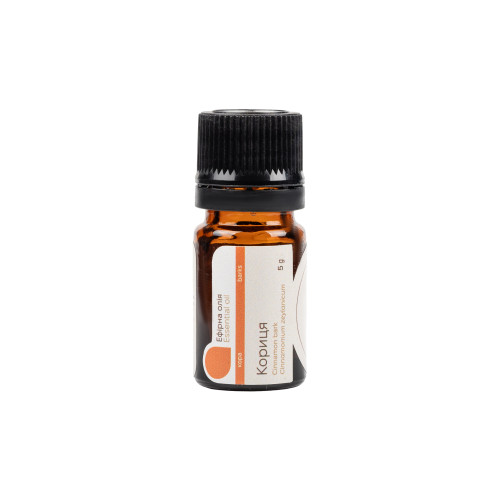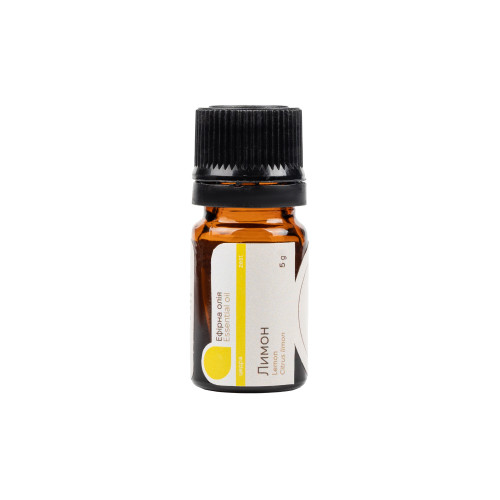Ginger organic essential oil
-
890 UAH
In Stock
Ginger essential oil is a powerful natural stimulant that warms the body and activates blood circulation. It supports the respiratory, digestive and musculoskeletal systems, has a mild anti-inflammatory and analgesic effect, and strengthens the immune system. Its spicy, warm aroma awakens energy, confidence and inner motivation, restoring a sense of vitality and inspiration.
- Warming
- Anti-inflammatory
- Pain-relieving
- Immunostimulating
- Antiviral
- Tonic
- Aphrodisiac
- Spasmolytic
- Poor circulation, cold feet or hands
- Nausea or vomiting
- Morning sickness
- Excessive gas in the intestines
- Loss of appetite
- Constipation or diarrhea
- Muscle pain
- Arthritis, sprains, rheumatism
- Joint pain and stiffness
- Nervous exhaustion, weakness, neuralgia
- Lack or decreased sex drive
- Impotence
- Menstrual cramps and pain
- Amenorrhea and dysmenorrhea
- Bronchitis
- Colds
- Skin application in diluted form (e.g. massage)
- Dry or steam inhalation
- Passive diffusion with a nasal inhaler
- Active diffusion in a waterless therapeutic diffuser
- Hand and foot bath in diluted form with honey and milk
- Oral rinse in diluted form with water and honey
- Cold or warm compresses
- Internal use in therapeutic doses according to indications
- Not recommended for use in hypertension, may increase blood pressure due to stimulating effect on blood circulation
- Not recommended for use at high temperature and with feelings of heat due to warming effect
- Prohibited internal oral use in acute inflammatory processes of the gastrointestinal tract (gastritis, ulcer, colitis in the acute phase)
- For external cutaneous use requires dilution in a base
- Do not heat essential oil for diffusion, use only a waterless diffuser to spray essential oils
- It is not recommended to use essential oils for children, pregnant and lactating women, the elderly or people suffering from chronic diseases without consulting a specialist
- It is not recommended to use internal use without consulting a specialist
- Do not use essential oil for intravenous or intramuscular injections
- Do not apply essential oils directly to mucous membranes
- Do not drip essential oils into the nose, eyes, ear canal
- For people with a tendency to allergies or high sensitivity, perform a patch test before use
Plant: Ginger / Zingiber officinale
Ingredients: 100% organic ginger essential oil
Country of origin: Madagascar
Extraction method: Steam distillation
Part of the plant: root
Aroma: warm, spicy with bright citrus notes
Expiration date: 3 years
Storage conditions: in a cool, dark place at a temperature not exceeding +25°C. Avoid direct sunlight and warm/hot surfaces. Do not oxidize or expose to air
Ginger essential oil is a powerful natural stimulant that warms the body and activates blood circulation. It supports the respiratory, digestive and musculoskeletal systems, has a mild anti-inflammatory and analgesic effect, and strengthens the immune system. Its spicy, warm aroma awakens energy, confidence and inner motivation, restoring a sense of vitality and inspiration.
Natural Ginger Essential Oil
In fact, ginger is one of the few herbal medicines that has been used for the past two millennia in all three major systems of traditional medicine: Chinese, Ayurvedic and Greek. Textbooks of all three systems agree on its warming, stimulating and mild analgesic effect, recommending its use mainly for colds. From a physiological point of view, ginger is an arterial stimulant of blood circulation. This main effect is performed by ginger essential oil in the same way as tincture and decoction of the root. At the same time, ginger essential oil also acts as a warming stimulant of the respiratory, digestive, reproductive and musculoskeletal systems, where it has an additional mild antispasmodic, analgesic and anti-inflammatory effect. Thus, colds, atonic conditions with pain and numbness respond best to its use. As well as chronic gastritis, bronchitis, arthritis, etc.
In relation to reproductive functions, ginger acts as an emmenagogue for delayed or absent menstruation, and as a functional aphrodisiac for weak libido. Here, ginger essential oil will act as a deeply warming, invigorating tonic.
Ginger essential oil is also a good antiviral and immunostimulant. It can be added to other oils or tinctures to treat colds and flu, and has been shown to stimulate both T-lymphocytes and cellular immunity.
From an olfactory point of view, ginger is also beneficial in the psychological aspect. Thanks to its spicy, sweet aroma, ginger essentially solves the problems of motivation, self-confidence and courage. Infusing warmth and passion into the soul and sense of life, this fragrance is intended for a person who has become apathetic, unmotivated, indifferent, emotionally cold or even depressed.
Symptoms for which ginger essential oil is recommended for use:
Cyclic system: poor blood circulation, cold feet or hands
Digestive system: abdominal pain, nausea, morning sickness, excessive gas formation in the intestines, loss of appetite, constipation or diarrhea, vomiting
Musculoskeletal system: muscle pain, arthritis, sprains, rheumatism, joint pain and stiffness, warming
Nervous system: nervous exhaustion, weakness, neuralgia
Reproductive/endocrine system: lack or decrease in sexual desire, impotence, menstrual cramps and pain, morning sickness, amenorrhea and dysmenorrhea
Respiratory system: bronchitis, colds, chronic bronchitis (warms the lungs)
Psycho-emotional system: indecision, confusion, loss of motivation, psychological burnout caused by chronic stress, sexual anxiety, lack of orientation, lack of concentration, apathy, feelings of loneliness and humility, lack of clarity of mind, poor memory, foggy thinking
You can buy ginger essential oil on our website or on our brand's Instagram account.
Related Products
480 UAH
390 UAH
690 UAH

